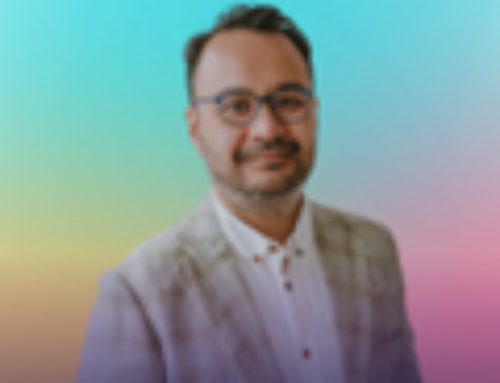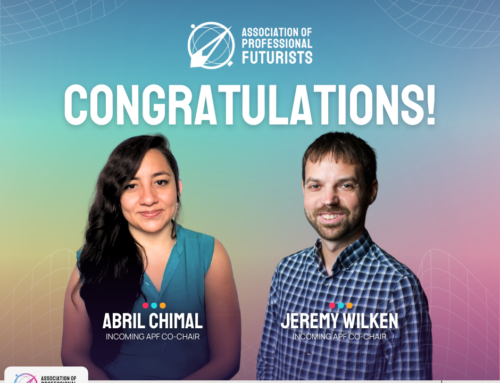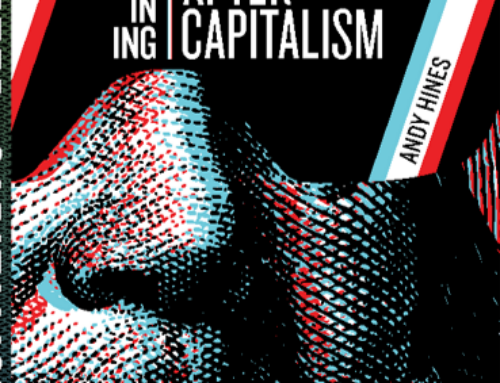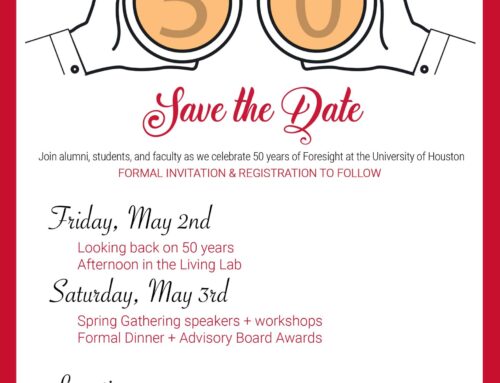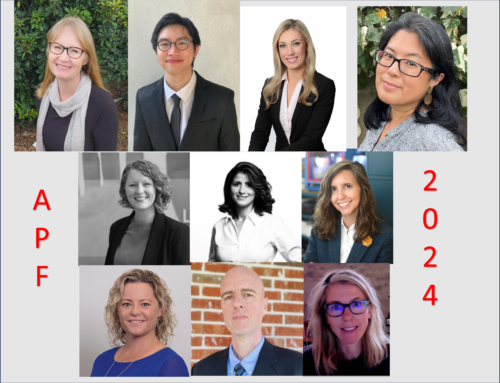Guest Contributor Vinny Tafuro, Futurist & Economist
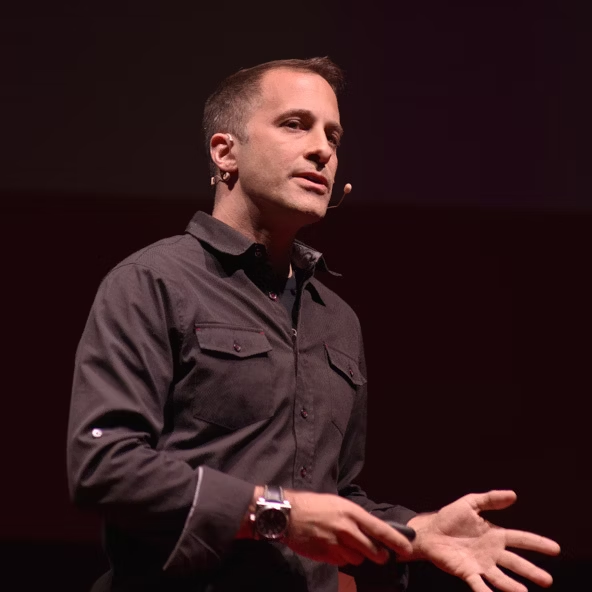
Vinny is a founder of the Institute for Economic Evolution. A polymath and curious by nature, he is a pioneering advocate for the twenty-first-century economy that is disrupting society’s rigid institutions and beliefs. Vinny’s economic and foresight projects explore the societal and economic shifts being catalyzed by human culture as a result of technology, corporate personhood, and evolving human cognition.
An engaging and energetic speaker, Vinny presents on a variety of topics both professionally and through community outreach. He enjoys an active and blended professional, academic, and personal life, selecting challenging projects that offer opportunities for personal and professional growth.
He is the author of Corporate Empathy and Unlocking the Labor Cage.
Late-stage capitalism, post-neoliberalism, nation-state validity, and the general scanning of and exploration for what may come “after capitalism” is a common thread throughout the academic and popular discourse in the futures field and community. While foresight tends to avoid predictive futures over perceiving probable futures, the field has several tools well suited for externally disrupting the orthodoxy in economics.
My work over the past 12 years has been focused on taking economics beyond the limited neoliberal paradigm of the past 40 years and the inadequacy of GDP’s nearly century-long cultural dominion over human welfare. During my tenure in the Houston Foresight program, I’ve learned to use frameworks to take my often intangible and esoteric ideas and make them tangible and relatable to others. In fact, soon after starting, I would tell people that “I am earning a graduate degree in getting ideas out of my head in a format people could understand.”
The Impermanence of Paradigms
To address the wicked problem of “after capitalism” we must investigate why capitalism behaves as it does. As the work of Riane Eisler illustrates, the question is not about capitalism versus socialism. Instead, Eisler directs us to look at the larger paradigms that contain them. So the deeper question becomes how to best evolve from systems requiring domination and subjugation to systems based on partnership and an egalitarian worldview that encourages broad human flourishing. Unfortunately, there is no one place to begin and successfully change a paradigm, paradigm change only occurs through the cumulative and sustained ideas, efforts, and commitment of many, over years, decades, and even centuries.
Economics serves as the operating system that drives our markets and governments, and by extension, our society and individual lives. To not address economics is to never dig below the surface and evaluate why capitalist and socialist nations perform the way they do. As Kate Raworth describes in her 2018 TED Talk, the neoliberal paradigm’s oversimplified models and embedded growth obligations maintain a zombie-like existence in the minds of public officials, journalists, and business and social sector professionals alike.
These strongly embedded ideas perpetuate systems that choose extraction over investment, exploitation over cultivation, and transactions over relationships. For economics to become useful again, it must evolve from a humanity-constraining paradigm to one that focuses on the continuous improvement of the human condition.
Introducing the Design Economics Framework
In 2022, I began developing the Design Economics Framework as a response to the pressing need for a new economic orthodoxy. I was inspired by established futures methodologies to design a framework that provides economics with a dynamic platform for interdisciplinary dialogue and innovation. My proposal, A Case for Design and Speculative Economics: Leveraging Interdisciplinary Pressure to Disrupt Economic Orthodoxy, was published in the World Futures journal in July 2023.
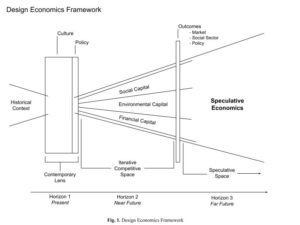
Foundationally modeled after the Framework Foresight method, developed by Andy Hines and Peter C. Bishop, the timeline of the framework is segmented into periods based on the “Three Horizons” method. Causal layered analysis (CLA) is applied throughout to expose the myths and metaphors that shape the contemporary worldview. The framework combines a contemporary lens with historical context, bringing together the concerns of social capital, environmental capital, and financial capital to inform iterative and competitive research and economic proposals that inform the market, social sector, and policy. The framework cultivates proposals for both innovative near-future actions and creative speculative economic scenarios.
The concepts of Design Economics and Speculative Economics within the Design Economic Framework are rooted in three key tenets:
- Acknowledgment that social systems evolve from and respond to social and environmental realities–all paradigms have a lifespan.
- Emergent models demand inclusive, interdisciplinary approaches that account for dynamic systemic change–economics must refrain from punishing creativity.
- Economic literacy informs social and political discourse–a free, equitable, and flourishing society requires economic literacy to avoid sliding into authoritarianism.
These three tenets–acknowledging change, embracing creativity, and cultivating literacy–have been absent from economics and are critical to establishing a modern understanding of how individuals and societies can flourish.
At its core, the Design Economics Framework acknowledges the impermanence of paradigms and the need for adaptive, inclusive approaches to economic modeling. Furthermore, in practical application, the Design Economics Framework nudges practitioners’ focus from heterodox versus orthodox thinking to debating the merits of competitive proposals.
A Call to Action
For economics to evolve, a collaborative and deliberate effort must be made that gathers and focuses the work of currently disparate disciplines, proposals, and people to usher in the new paradigm. Outside of mainstream economics, visionaries such as Eisler, Raworth, Hazel Henderson, and Dame Marilyn Joy Waring, among many others, have offered alternative economic thinking throughout the 60 years during which neoliberalism took root, dominated, and collapsed. Their work prioritizes social and environmental capital and well-being alongside financial capital while underscoring the importance that the environment and caretaking play in the support of thriving societies and fair and functioning markets. The work of these “outcasts” of orthodoxy provides a foundation for modernizing economics for the twenty-first century.
The Design Economic Framework places the outcasts among the orthodoxy and provides a new but firmly founded framework to help usher in a new paradigm for economics. Within this dynamic field of play, comprehensive data-driven ideas are better positioned to displace orthodoxy based on flawed assumptions and incomplete data.
As democracies struggle to ward off growing threats of populism, authoritarianism, and theocratism we must work together to forcefully clear away the remnants of twentieth-century economics and replace it with a framework that is designed to be iterative, collaborative, and evolutionary in structure and nature. In doing so we free economics to evolve in tandem with society and combine our best ideas and aspirational foresight to unleash unrestricted human creativity on our most significant challenges and in service of our most ambitious dreams.

